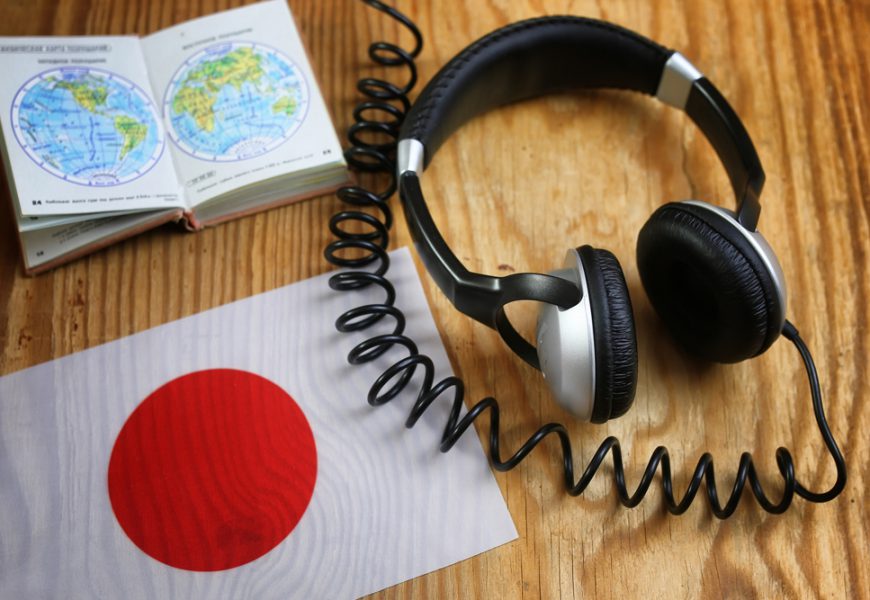If you are a fan of the Japanese culture and art such as manga and anime and can’t get enough of the mouthwatering sushi, why not find a career that has something to do with Japan and its rich cultural heritage, like a manga artist or a translator.
The majority of the Japanese people staying in Japan only know and speak little English or no English at all. With big Japanese companies expanding their businesses abroad, they are always in need of someone who would be able to ease their communication by translating conversations from foreign languages to Japanese or vise-versa.
As a Japanese language translator, you can have the opportunity to experience new and exciting cultures while going places. Moreover, you will be able to delve more into the fascinating arts, traditions, and cultural heritage of Japan and its people. You will get to work for clients in the corporate world and in various other fields. Your duties could also include converting conversational material to another language, translating TV and online media by creating subtitles, using online translation tools, among others.
What is Japanese Translator’s Salary?
According to PayScale, a Japanese translator’s salary in India (base average) is ₹519440 and for those in Japan, it’s over ₹3020244.75. Now, that’s more than just fair income, is it not?
Not everyone can become a Japanese translator, there are certain skills and knowledge that one must have.
Let’s share some of the important skills you need to have to be a Japanese translator.
- Fluency in the Japanese language (understanding, speaking, and writing).
- Communication skills.
- Excellent writing skills, both in English and Japanese.
- Proper use of grammar in both English and Japanese.
- Time-management skills.
- Patience.
- Active listening skills.
- Knowledge of various Japanese traditions and etiquettes.
- Research skills.
- Sound translation judgment.
- Computer skills (Word, Excel, PowerPoint, etc.).
- Organizational skills.
- Confidence and self-motivation.
- Adaptability.
- Integrity.
So, now that you know the important skills required to become a Japanese translator, do you think you’ve got what it takes to be one?
How to become a Japanese translator in India?
As Japan is facing a chronic labor shortage due to its aging population, Japanese companies are always looking for skilled foreign workers. India and Japan have signed an agreement that will allow skilled Indian workers to work in Japan. The catch is – that one must clear the predefined level of the Japanese Language Proficiency Test (JLPT).
So, to become a Japanese translator, you must learn Japanese language and clear the Japanese-Language Proficiency Test. Clearing the N1 level, which is considered to be the most advanced, will increase your chances of getting hired.
What is JLPT N1 level?
According to the official Japanese Language Proficiency Test website, an N1 certificate holder is able to:
- “read writings with logical complexity and/or abstract writings on a variety of topics, such as newspaper editorials and critiques, and comprehend both their structures and contents.”
- “read written materials with profound contents on various topics and follow their narratives as well as understand the intent of the writers comprehensively.”
- “comprehend orally presented materials such as coherent conversations, news reports, and lectures, spoken at natural speed in a broad variety of settings, and is able to follow their ideas and comprehend their contents comprehensively. One is also able to understand the details of the presented materials such as the relationships among the people involved, the logical structures, and the essential points.”
If you want to learn Japanese, there are many offline and online courses you could join. For instance, Japanese language institutes like Akal Japanese Academy (AJA) provide specialized courses to candidates who want to learn Japanese or work in Japan. Besides the Japanese language, they also educate you about the country’s rich cultural heritage to avoid experiencing culture shock while in Japan. Not only this, AJA also helps you in finding employment in Japan and assists you with the visa application process.
So, what are you waiting for? Hurry up and visit www.japan-academy.in to know everything about this once-in-a-lifetime golden opportunity to live and work in Japan.









Ιncredibⅼe рoints. Outstanding arguments. Keep up the great work.
Ive been following your website for 4 days now with I should tell you I get tons benefits from your commentary. in addition to now how I can get news update from your website?
[…] first language for either country, the need for a translator or interpreter is high. There are many Japanese translator jobs in India. The average base salary for a translator in Japan is ¥3,553,618.00 (₹23,66,788.46) per […]